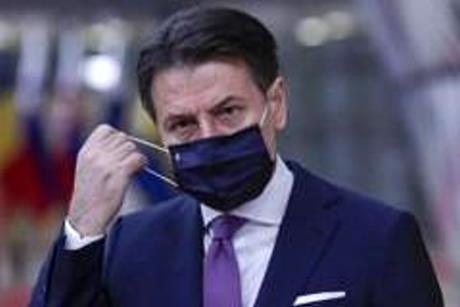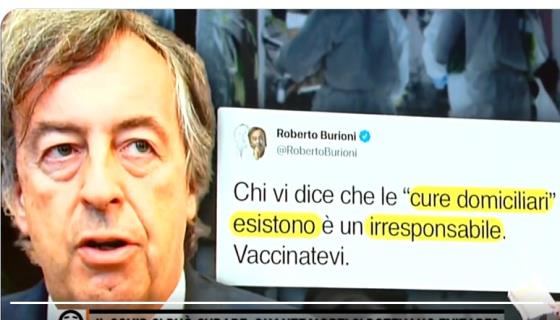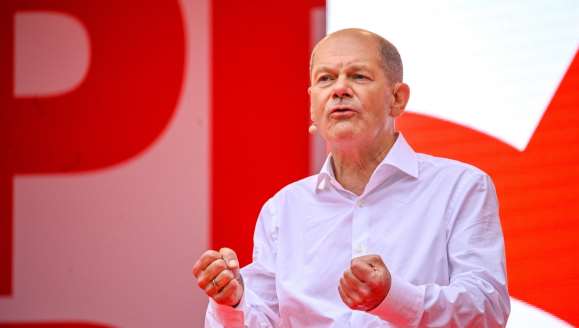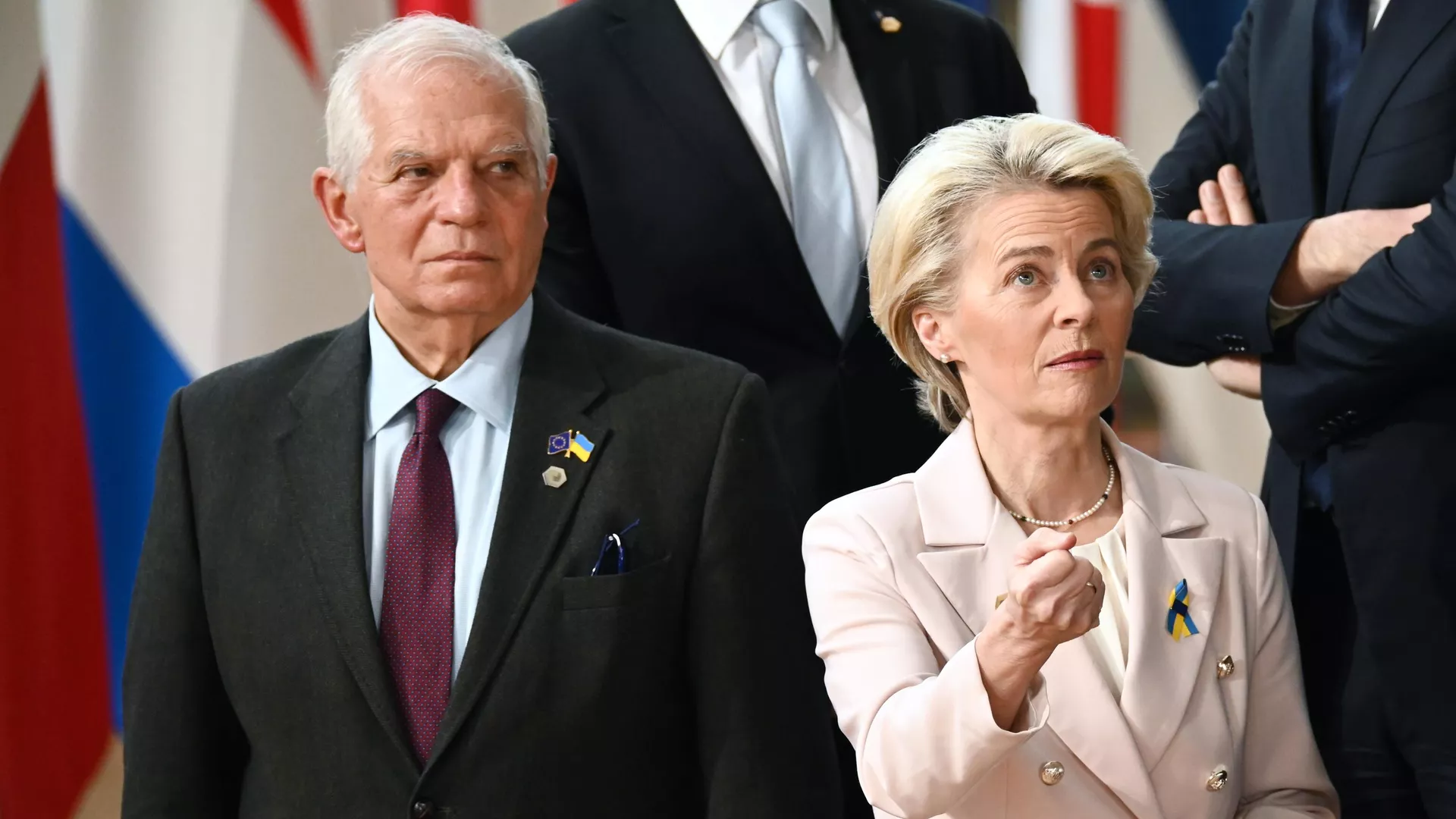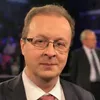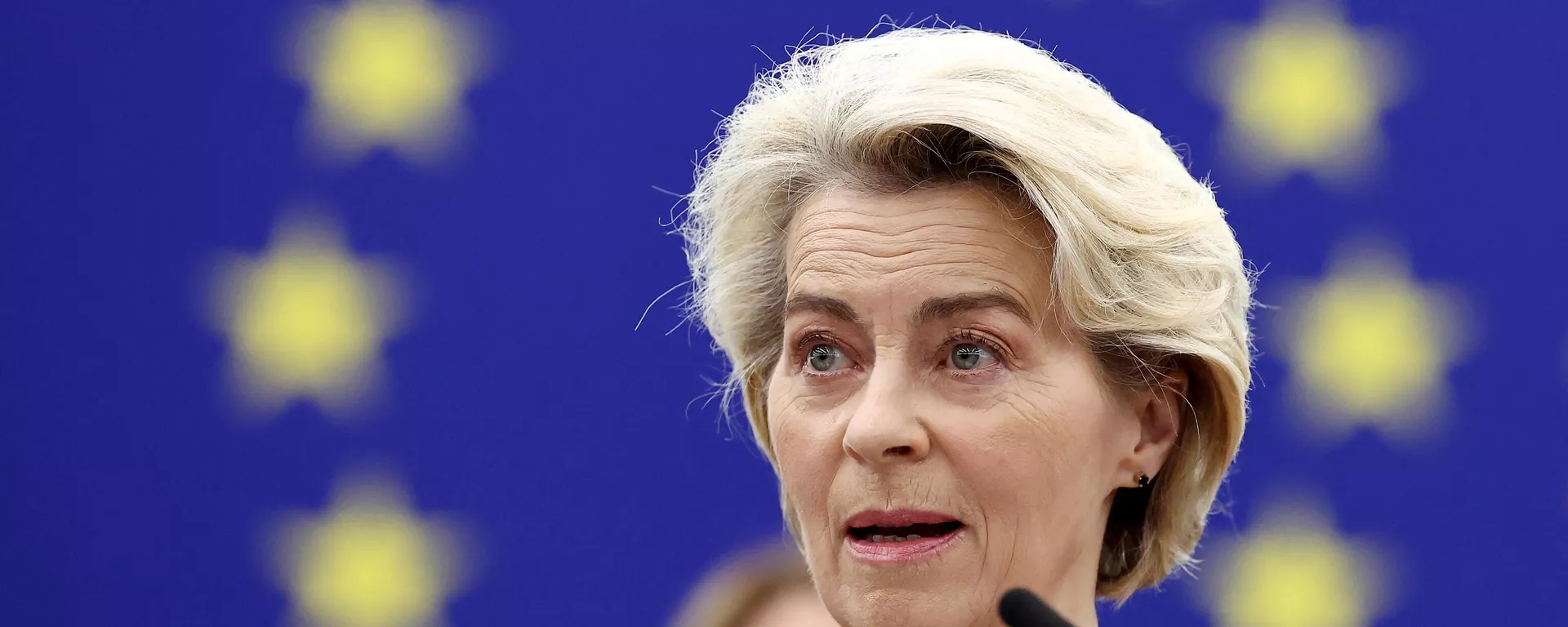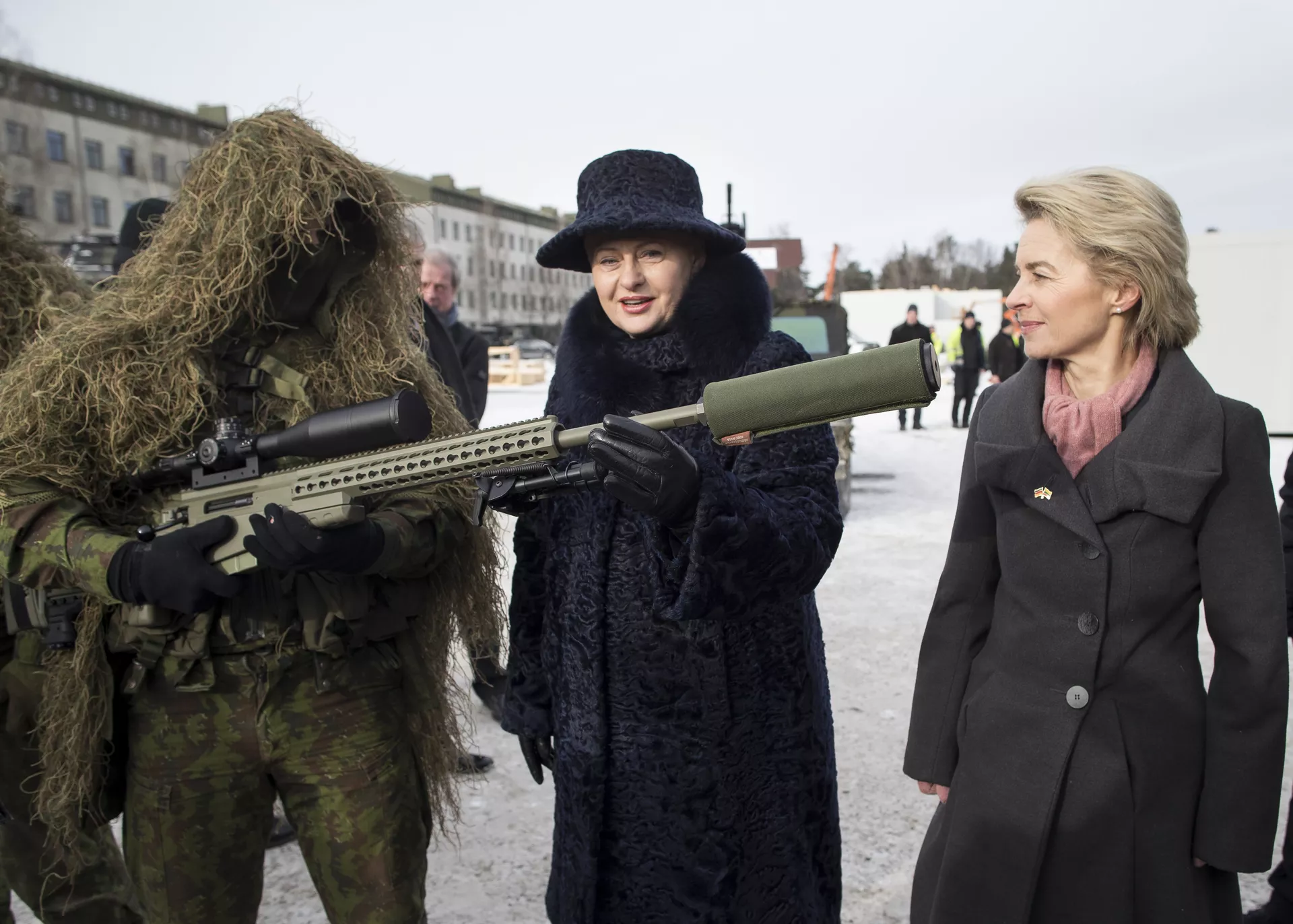Russia’s Victory Over Ukraine Is Drawing Near. Scott Ritter

All Global Research articles can be read in 51 languages by activating the Translate Website button below the author’s name (only available in desktop version).
To receive Global Research’s Daily Newsletter (selected articles), click here.
Click the share button above to email/forward this article to your friends and colleagues. Follow us on Instagram and Twitter and subscribe to our Telegram Channel. Feel free to repost and share widely Global Research articles.
Global Research Wants to Hear From You!
***
As Russia’s military operation in Ukraine enters its 28th month, the conflict can be said to have gone through several distinct phases, all but one (the opening gambit) of which prioritized attritional warfare as the principal guiding military philosophy.
For Western military observers, schooled as we are on what we deem the ‘modern’ military philosophies of maneuver warfare, the Russian approach to fighting appears primitive, a throwback to the trench warfare of conflicts past, where human life was a commodity readily traded in exchange for a few hundred meters of shell-pocked landscape.
Upon closer scrutiny, and with the benefit of 27 months of accumulated data, the Russian approach to warfare emerges as a progressive application of military art that considers the totality of the spectrum of warfare – small-unit tactics, weapons capability, intelligence, communications, logistics, the defense economy and, perhaps most importantly of all, political reality.
It is critical to keep in mind that while Russia may have entered the conflict facing a single adversary (Ukraine), within months it became clear that Moscow was confronting the cumulative military capability of the collective West, where NATO’s financial, material, logistical, command and control, and intelligence support was married to Ukrainian manpower resources to create a military capacity designed by intent to wear Russia down physically and mentally, to strategically defeat Russia by promoting the conditions for its economic and political collapse.
That Russia recognized this strategic intent on the part of its declared and undeclared adversaries early on is a testament to the patience and vision of its leadership. Outside military observers criticized Moscow’s inability to deliver a knockout blow against Ukraine early on, attributing this failure to poor leadership and even poorer military capacity on the part of a Russian military machine suddenly deemed incompetent. However, the reality was far different – Moscow was making the strategic transition from a peacetime military posture. It initially intended a brief conflict by compelling the Ukrainian government to the negotiation table (only to be thwarted by Ukraine’s Western partners, who chose to sacrifice Ukraine in the hope of strategically defeating Russia instead of opting for a peaceful resolution), to a posture capable of wearing down both Ukraine’s ability to resist and the collective West’s ability to sustain Kiev economically and politically.
From a military perspective, Russia’s strategic goal has always been the ”demilitarization” of Ukraine. Initially, this could have been achieved by defeating the Ukrainian military on the field of battle. Indeed, Moscow was well on the path toward achieving this goal, even after it pulled its forces back from around Kiev and the other Ukrainian territories it had occupied in the initial phases of the conflict. When Russia moved over to Phase Two, the objective was to complete the liberation of the Donbass region. The battles fought in May and June 2022 nearly brought the Ukrainian military to the breaking point – slow, grinding operations where Russia exploited its firepower superiority to inflict massive casualties on army with finite ability to sustain itself. Only the decision by the collective West to provide massive infusions of military resources – equipment, training, logistics, command and control, and intelligence – saved the Ukrainians. With NATO’s assistance, Kiev was able to rebuild its depleted military and go over on the counterattack, pushing Russian forces back in the vicinity of Kharkov and Kherson.
This military success proved to be the undoing of Ukraine and its Western allies. The impressive territorial gains achieved in the Kharkov and Kherson offensives that took place between late August and the middle of November 2022, proved to be a narcotic. While Russia adjusted to the new realities of an expanded conflict, mobilizing hundreds of thousands of troops, building strong defenses, and putting its defense industry on a wartime footing, the Ukrainians and their NATO advisers assumed that they would simply be able to repeat the successes of summer-fall 2022 through a grand summer counteroffensive in 2023.
This hope proved to be in vain.
It was at this juncture that the principles of attritional warfare began to be applied by the Russians in a more comprehensive form. While Ukraine and its NATO allies assembled a massive offensive strike capability which married the last of Ukraine’s trained manpower reserves with billions of dollars of Western equipment and training, Russia continued to engage in so-called ”meatgrinder” operations in and around the city of Artyomovsk (known in Ukraine as Bakhmut). These battles produced massive casualties on both sides. Russia, however, was able not only to absorb these losses, but to continue to accrue strategic reserves. Ukraine, on the other hand, squandered tens of thousands of troops and billions of dollars of hard-to-replace military materiel which had been earmarked for the summer 2023 counteroffensive. As such, when the Ukrainians finally kicked off their counteroffensive, in early June 2023, they did so with forces insufficient to the task. Over the course of the next several months, extending into fall, the Ukrainian army ground itself down in the face of Russian defenses, which were optimized to defeat the attackers.
By the time the counteroffensive ground to a halt, in December 2023, Ukraine was a spent force militarily. Its armed forces had used up their reserves of manpower. NATO had depleted its stocks of available military materiel. And the West had become politically exhausted at the prospect of a never-ending conflict which seemed destined to result in an endless cycle of throwing good money after bad, all the while failing to bring about the strategic goal of defeating Russia.
Moscow, on the other hand, emerged from the 2023 Ukrainian counteroffensive in a good position. From a military perspective, the Russians had won the war of attrition with Ukraine and the collective West – basic military math had Ukraine consuming manpower and material resources at a far greater rate than they could be replenished, making Kiev grow physically weaker every day the conflict dragged on, while the Russians were able to accumulate manpower and material resources at a rate far greater than Ukraine was able to destroy, meaning Russia grew stronger every day the conflict continued.
Economically, Ukraine and its Western backers were exhausted. The blowback from the aggressive anti-Russian sanctions imposed by the West had severely curtailed the industrial capacity of the European members of the NATO alliance to sustain the scope and scale of its military support to Ukraine, while domestic political realities in the US, amplified by the fact that it was engaged in a hotly contested presidential election cycle, paralyzed the American ability to sustain Ukraine financially. The military and economic exhaustion of Ukraine and the collective West severely impacted the ability of this coalition to politically sustain support for a war that had no discernable prospect of ending well.
While the conflict has not, by any stretch of the imagination, been without cost to Russia, the approach taken by the leadership, to create conditions on the battlefield designed to maximize enemy losses while minimizing their own, meant that Moscow entered 2024 in a much stronger position militarily, economically, and – perhaps most importantly – politically. War, it has been said, is an extension of politics by other means, and this is no exception to the age-old adage. Russian President Vladimir Putin’s latest electoral victory has provided the leadership in Moscow with a political mandate that strengthens Russia’s hand considerably, especially contrasted with the weakened posture of Ukraine.
It is within such a context that the Russian offensive north of Kharkov must be evaluated. From a military-political standpoint, the operation has a specific objective – to push Ukrainian forces back from the border with Russia so that Ukrainian artillery and rocket systems can no longer strike Russian territory. But there is a larger purpose for this offensive – to continue the process of grinding down the Ukrainian military, to complete the larger task of ”demilitarization” set by the Kremlin.
In this, Russia is succeeding. First and foremost, by attacking north of Kharkov, Moscow has compelled Kiev to commit not only the last of its mobile strategic reserves in response but, because these forces are inadequate in strength, to force Ukraine to strip away units on the eastern line of contact, in Kherson, Zaporozhye and Donbass, and to divert them to the Kharkov direction. The depletion of reserves is part and parcel of the overall Russian strategy of attrition. Moreover, as these forces displace to the Kharkov region, they are being interdicted by Russian air, missile, and drone strikes, further eroding their combat power. The result is that Ukraine is now defending a longer line of defense with even fewer forces than it started with.
One should not expect the Russian efforts to stop in the Kharkov direction. Reports indicate that Moscow is amassing significant forces opposite the Ukrainian city of Sumy. If Russia were to open a new direction of attack there, Ukraine would struggle to find forces sufficient to mount a viable defense. And at some point, one should expect additional reserves to make their appearance on other parts of the battlefield, maybe in Zaporozhye, or Donetsk, or Lugansk, where Ukrainian forces have been stretched to breaking point.
The goal of a war of attrition is to wear your enemy down to the point where continued resistance is impossible. This has been Moscow’s goal since April 2022. And it is the goal today. The Kharkov offensive is simply the current manifestation of the continuation of this strategy, and the clearest indication yet that the Russian endgame in Ukraine is drawing near.
*
Note to readers: Please click the share button above. Follow us on Instagram and Twitter and subscribe to our Telegram Channel. Feel free to repost and share widely Global Research articles.
Scott Ritter is a former US Marine Corps intelligence officer and author of ‘Disarmament in the Time of Perestroika: Arms Control and the End of the Soviet Union.’ He served in the Soviet Union as an inspector implementing the INF Treaty, in General Schwarzkopf’s staff during the Gulf War, and from 1991-1998 as a UN weapons inspector.
Featured image: A reconnaissance group serviceman of Russian Armed Forces Eastern Military District is seen in a vehicle moving on Kharkiv direction during the special military operation in Ukraine. © Sputnik / RIA Novosti



